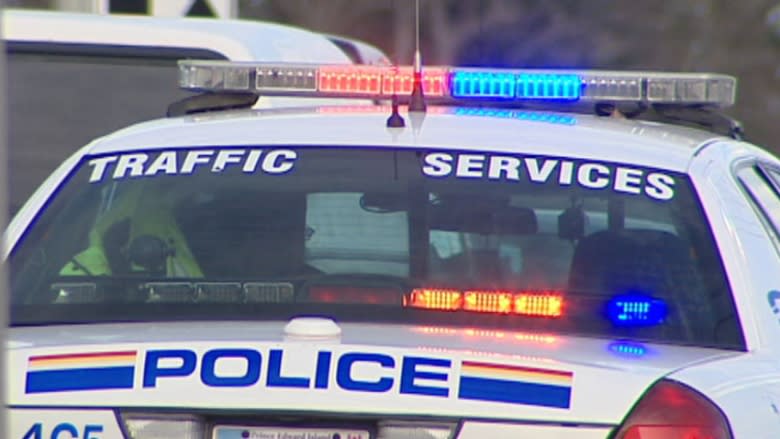Speed on our roads is 'potentially lethal,' says driving expert
Speed on our roads has police and driving experts concerned about safety and warning drivers to slow down.
The RCMP ticketed a driver going more than 180 k/hr on the highway near Whitbourne Monday.
Driving habits
RCMP Const. Dennis Hann, who has been patrolling the highway and community roads between Clarenville and St. John's for about eight years, said he has often seen first hand the dangers of speed.
"The carnage that we face sometimes based on the speed and other factors that cause crashes ... it's not for anybody to live through or to see and unfortunately we do," said Hann, who was not involved in this particular traffic stop.
Hann said he has seen an increase in traffic on area roads and that while many drivers are practicing safe driving habits, there are others who do not follow the rules. That, he said, is usually when accidents happen.
"We try to advise everyone of what we see that can cause harm or crashes," said Hann.
"What frustrates me the most is the reasons that I hear for it at the time of the stop, and the attitude that some people have that it was no big deal."
Being responsible
Rudy Singleton, who teaches defensive driving and traffic safety with Safety Services NL, shares the same concerns as Hann.
He told CBC's Crosstalk host Ramona Dearing that education is needed to change the mindset of many drivers in Newfoundland and Labrador.
"Driving can become a very robotic activity, where driving is just thrown into the hopper with a whole host of other things," said Singleton.
"When they're all put together they make for a mix that's potentially lethal."
Singleton said that data shows the average person has a five per cent chance of being involved in a collision. Drivers need to understand how speed plays a part in that.
He added that a speed increase of 15 km/hr increases your chances of a crash by 31 percent and the probability of an accident with injury is much higher.
"A crash with an injury the chances are increased by 49% and the chance of a fatality are increased by 71%," said Singleton.
"There's a measure of irresponsibility in speeding, the faster you drive the less control you have."
Road strategy
Canada's Road Safety Strategy 2015 was designed to reduce fatalities and serious injuries caused by collisions.
Singleton said it lists impaired driving as the main cause of collisions but speed and aggressive driving came a close second.
Both Singleton and Hann agree that other things like weather and road conditions lead to collisions and drivers need to adjust their speeds accordingly.
That message, though, is hard to get through to people.
They agree that while police enforcement can help, the onus is on the driver to know the rules, follow them and be mindful of their own safety and the safety of others.
"If you're doing 150 km/hr and you hit something … seatbelt or no seatbelt, the resulting injuries are going to be critical if not fatal," said Singleton.





